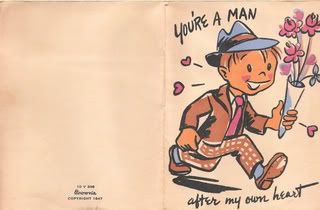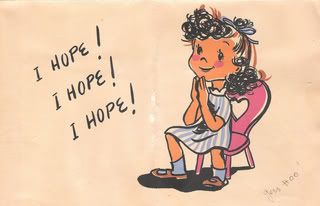Pop planted the American Elm tree in the front
meadow, next to the curved edge of the corn field, so he could see it as he sat
in the front porch swing. He planted it as a memorial to Mom who loved trees as
much as he did. He planted it because he remembered when the street where he
learned to walk in Wilmington DE and the central campus of the University of
Delaware, where he went to college, were lined with the magnificent arches of
the trees overhead.
Pop loved trees. Due to his good husbandry of
the farm’s 50 acres of woods, the whole farm had been designated an American
Tree Farm. We had spent many hours in our childhood planting unusual trees as
Pop experimented with different varieties.
Pop also loved a good view. He often planted
trees strategically to block out ugly buildings on neighboring farms. A Deodor cedar
almost hid the pretentious columns added when the Frock family put a second
story on their house. An English Walnut hid the doublewide Jimmy Yale’s
farmhand had moved in on the edge of his farm.
But Mom’s Elm was his favorite tree on the
farm. Pop was one of the original members of the American Elm Society that
supported research to see if a cure for the devastation of Dutch Elm disease
that wiped out the trees in the 1950s and ‘60s could be found. He was proud
that he was keeping one alive.
The Elm he planted for Mom was a beauty, a rare
healthy American Elm that loved its featured spot in the middle of the best
view on our 170-acre Maryland dairy farm. It grew tall and spread its strong
limbs 40-feet wide. The heifers found shade under its dark green canopy, robins
and wrens raised their young high inside. One 4th of July, a cow had her calf
under the tree’s protective cover.
Pop learned all he could about how to keep the
tree safe from the dreaded fungal disease. He mowed the grass underneath, and
carefully trimmed the bottom branches so they wouldn’t touch the ground or the
grass. He cleaned fallen branches out from under and eventually put a fence up
around it so the cows wouldn’t make the ground too hard by their weight and
constant stamping away flies.
The tree grew into its role as a sacred place.
It quietly became the focal point, the first thing we looked for as we came to
visit Pop from our new home in North Carolina. We loved seeing it gently change
to orange-yellow in the fall, and its skeleton black and white curve on the
winter horizon. Each spring we looked for the first sign of leaves to make sure
it was still healthy. We sat in the porch swing with Pop and admired it.
Pop died last June at 94. Two years earlier he
had successfully sold the developmental rights to the state of Maryland so the
farm would always remain open space. He had willed his body to be used for
science. My sister and I agreed that we would return to spread his ashes under
the Elm this Fall.
We sold the farm to the neighboring Amish
family. Two of their daughters had married brothers from another Amish family.
We were pleased and we thought Pop would be happy with their plan to turn the
farm back into the working dairy farm it was when we were growing up. Pop had
talked often with David, the Amish father, about the importance of the trees in
preventing soil erosion, providing shade and protection for wildlife. We’d told
David about the sacred properties of the Elm as we signed the deeds of sale.
But this week, on the first anniversary of
Pop’s passing, we learned from friends who have driven by the farm, that the
Elm is no longer standing. Few of the old and unusual trees are. The Amish have
cut them down, piled them up and burned them. Apparently, their six-mule teams
cannot as easily maneuver around big old trees in the middle of fields as
modern tractors can. Big old trees, even sacred ones, are not practical when
the field needs tilling in straight rows.







